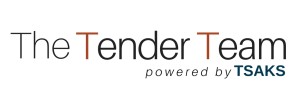The Tender Team is a leading Australia and New Zealand tender and bid writing consultancy in Christchurch servicing Christchurch and surrounding regions. In Auckland we operate under our Tsaks Consulting brand. With the extensive reconstruction program of Christchurch well underway as a result of the Earthquake, there has been an increase in procurement and other business activity and thus an increase in the need for tenders and bid drafting to a professional level.
Our tender and bid writing consultancy in Christchurch provides a range of business and bid writing solutions including:
- Bid and tender writing
- Drafting business proposals
- Drafting capability statements
- Strategic marketing plans
- Info-graphics and editorials
- Graphic design
- Tender coordination and bid management
Our team of consultants are experienced in a range of different industries including construction, engineering, printing, distribution, medical, pharmaceutical, equipment supply and defence. We combine our industry experience with your technical know-how, and our expertise in drafting engaging content to deliver quality and engaging tender proposals and business documentation.
In addition to responding to tender questions that are industry and technical specific, we also have access to a range of content and information which will be utilised for you to respond to generic questions such as requests for WHS documentation, quality assurance documentation and an environmental policy.
Our tender and bid writing consultancy in Christchurch delivers a strategic solution to your bid, with innovative ideas and fees that provide value.
Enquire now for an initial discussion and fee proposal.







